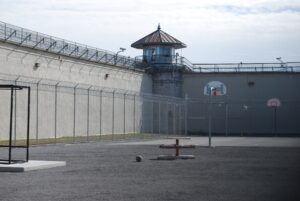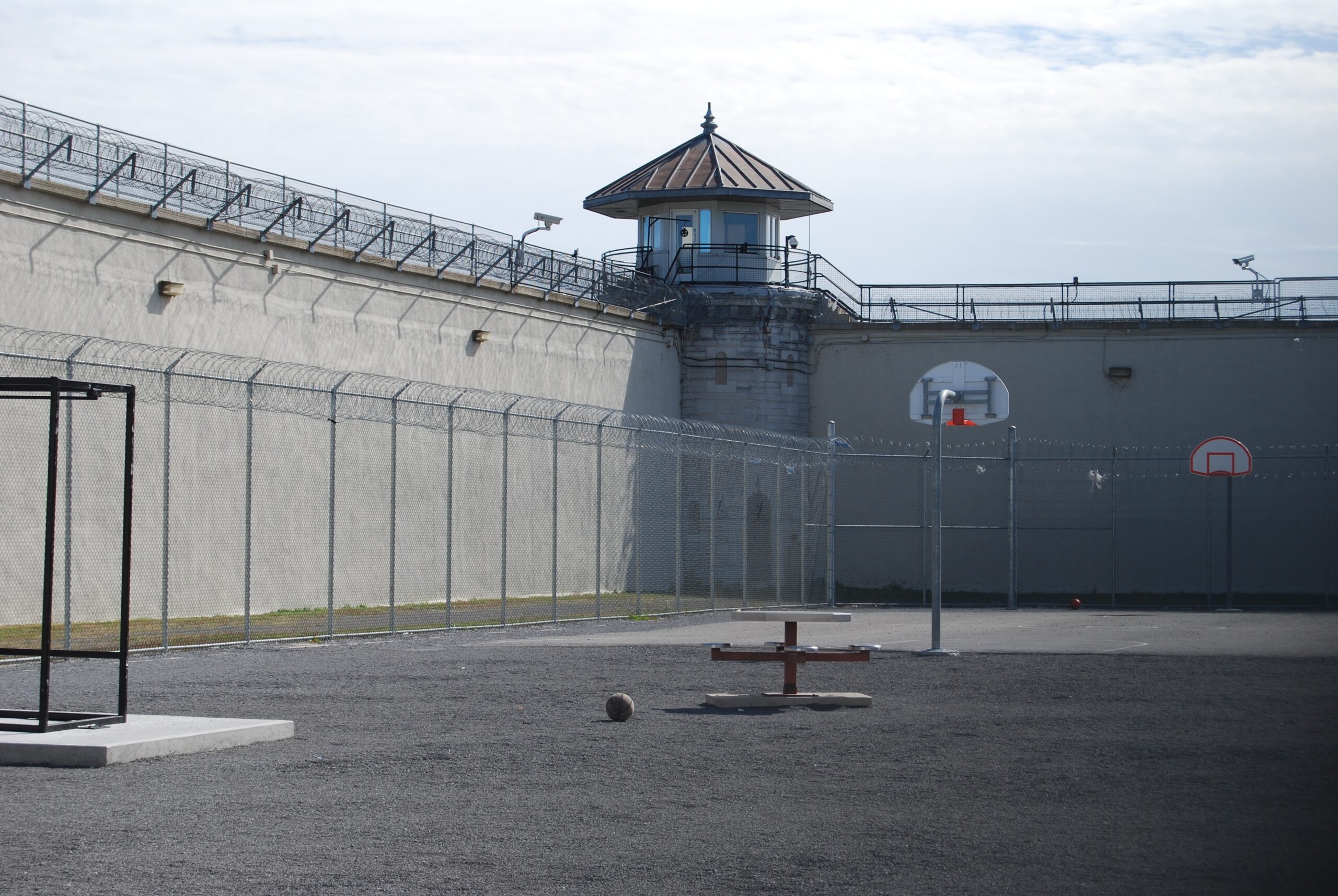On October 1, 2013, undercover federal agents entered a San Francisco library to arrest 29 year-old drug kingpin Ross Ulbricht. Most who knew Ulbricht never would have expected him to be involved in drug dealing. Born in Austin, Texas, he came from a privileged background. He was an Eagle Scout who scored 1460 on his SATs. He earned a full-ride scholarship to the University of Texas, and attended Penn State for a masters degree in material science and engineering.
Somewhere along the way, he became enamored by libertarianism. Libertarianism is a philosophy that advocates individualism and minimal government involvement in people’s lives. These ideas would inspire him to develop the largest, most sophisticated online market for illegal drugs in history. He named it the Silk Road, a reference to ancient trade routes between China and Europe. Despite only operating for two years and 10 months, the Silk Road amassed nearly $214 million in sales.
What Was the Silk Road?

Similar in layout to sites like eBay or Amazon, the Silk Road was essentially an online narcotics marketplace. It allowed users to list and sell items that they would ship to the homes of buyers (of course using fake return addresses). If a seller sold bad drugs—or didn’t deliver at all—the buyer would give them a low rating. This rating system was meant to prevent buyers from being scammed.
A vehement advocate for the right to bear arms, Ulbricht even briefly allowed firearms to be sold on the Silk Road. However, he removed this feature in order to prevent drawing controversy to an already controversial business.
The Silk Road was a dark web marketplace and could therefore only be accessed by utilizing a software called Tor. The US Navy created Tor as a means of communicating privately over the internet. It conceals the IP addresses of users, hiding their identities and making them untraceable by the government.
How Was the Silk Road Developed?

Ulbricht wrote in a journal, “I want to create a website where people can buy anything anonymously, with no trail whatsoever that could lead back to them.”
In order to create the Silk Road, Ulbricht needed to learn to code. And while he taught himself well, he still sought help, posting to a Bitcoin forum in early 2011, “I’m looking for the best and brightest IT pro in the bitcoin community to be the lead developer in a venture-backed bitcoin startup company.” He asked that anyone interested contact him via his email [email protected].
He didn’t know it at the time, but making his email public would one day come back to haunt him.
To attract the Silk Road’s first customers, Ulbricht posted about the site in a magic mushrooms forum. This was another mistake that proved crucial to his capture.
The Hunt for Ross Ulbricht
In 2011, Gawker published an article on the Silk Road titled The Underground Website Where You Can Buy Any Drug Imaginable. This article singlehandedly led to an explosion in the site’s popularity. It also drew the attention of law enforcement agencies across the globe.
Department of Homeland Security agent Jared Der-Yeghiayan took special interest in the case. Posing as a Silk Road buyer, he seized thousands of packages, even making a few arrest. His investigation eventually led to the arrest of a site moderator who used the pseudonym Cirrus.
Der-Yeghiayan used Cirrus’s login info to chat with Ulbricht, who was by that time using the pseudonym “Dread Pirate Roberts,” a reference to a character in the film The Princess Bride.
However, Ulbricht was careful not to give away any personal information that could compromise his identity.
Ulbricht Orders a Hit on a Former Silk Road Employee

Here’s where the story gets a bit more complex: Der-Yeghiayan was not the only federal agent speaking with Ulbricht. Posing as a drug dealer named Nob, US Drug Enforcement Administration (DEA) agent Carl Force also spoke frequently with Ulbricht, hoping that a slip-up would reveal his identity. While Force was unsuccessful in identifying Ulbricht, he plays a crucial role in the story.
Following the arrest of another Silk Road employee named Curtis Clark Green, a second DEA agent—Shaun Bridges—used Green’s admin access to steal $20k worth of Bitcoin from user accounts. Believing the real Green committed this theft, Ulbricht contacted Nob (who remember was actually DEA agent Carl Force) with a request to “execute” Green. Nob agreed to do so in exchange for $80k worth of Bitcoin, which Ulbricht didn’t hesitate to pay.
Force went as far as to stage Green’s death, taking photos of Green, who was in custody, covered in fake blood. He sent these photos to Ulbricht to trick him into thinking the job was done.
While Ulbricht’s ordering a hit on Green was not what lead to his arrest, it shows just how evil he had become.
2013: an Empire Begins to Crumble
In May of 2013, investigators noticed coding errors on the Silk Road website. Due to a leak in IP addresses, it was discovered that Silk Road servers were housed in a data center in Iceland. The Icelandic government was contacted, and authorities were given a drive with info from the servers. From this, a treasure trove of data was accessed.
Most importantly, the data revealed the name of the master computer Silk Road servers talked to, the one Ulbricht used to log in and out: “Frosty.” It also showed that this computer used internet from a San Francisco cafe to log in to a Silk Road server via a VPN. (In the spring of 2012, Ulbricht had moved to SF.) Authorities now had a where, but they still didn’t have a who.
The Identification of Dread Pirate Roberts

Believe it or not, an Internal Revenue Services (IRS) agent named Gary Alford connected Dread Pirate Roberts to Ulbricht. Realizing that whoever started the Silk Road would’ve had to drum up interest for it long before the Gawker article was released, Alford did simple Google searches for the key phrase “the Silk Road,” searching specifically for results prior to 2011.
It was then that he stumbled upon the thread that Ulbricht created over two years ago in the magic mushrooms forum, as well as the one he created in the Bitcoin forum: the one in which he revealed his email address, [email protected].
Authorities now had a name. However, this was circumstantial evidence. Ulbricht had to be caught in the act.
The Arrest of Ross Ulbricht

Source: Wikimedia Commons
Undercovers spent several weeks following Ulbricht, learning where in the city he would go to conduct business. On October 1, 2013, agents arrested Ulbricht in a San Francisco public library. Still posing as Cirrus, Der-Yeghiay messaged Ulbricht, “Can you check out one of the flagged messages for me?”
Only Ulbricht could view flagged messages, so as soon as he logged into his SR admin account (whilst in the library, mind you), a nearby undercover agent immediately seized his laptop. Another agent arrested Ulbricht.
Ulbricht wrote a letter to his case’s judge Katherine Forrest. In the letter, he begged for a light sentence. However, Forrest didn’t waver. In her ruling, she said, “No drug dealer from the Bronx selling meth or heroin or crack has ever made these kinds of arguments to the Court. It is a privileged argument, it is an argument from one of privilege. You are no better a person than any other drug dealer and your education does not give you a special place of privilege in our criminal justice system. It makes it less explicable why you did what you did.”
Ultimately, Ulbricht received two life sentences with no possibility of parole. Despite many protesting this harsh sentence, he will most likely never see freedom again.












One Response
All I can say is Wow….I have a few more things to say, but will keep them to myself (on a personal level here). Kudos to those that caught up with him. The “Green” guy ended up a winner, not losing his life, but I’m guessing still on the low end of “freedoms” these days? I don’t doubt the protestors, they had their online connections nipped in the bud? Self medicators and dopers don’t want hassles. This guy was gifted early on with privelege, yes, but also brains. In the journey of life God has always given all of us a choice. Catholicism may not teach many catholics to memorize bible phrases. It does teach us, however about the 10 deadly sins, The greatest of these being Pride and Greed.
I’ll end with, when I was young, growing up and in school, I was always, and still am, attracted to people (boys, men) with brains. The other stuff was a nice touch, if they also had that going for them. When I was in college, same thing. I learned in college, the math and science nerds were also the ones that got in the biggest messes and the biggest trouble.
This guy was still young when het met the real world and put into practical purpose, his learned manipulation of his many skills. Seems his early tendencies and choices hadn’t been excercised out of him yet. Generation X at it’s worst, a mogul in the world of the dark web.
Next chapter : AKA “The Scammers”? Why do I wonder if their backgrounds grow from the opposite end of the privelege spectrum? Because there are so many more of them! There is so much poverty in this global world, and seems their goal becomes more desparate, vengeful and psychotic. Just wondering til shown otherwise.